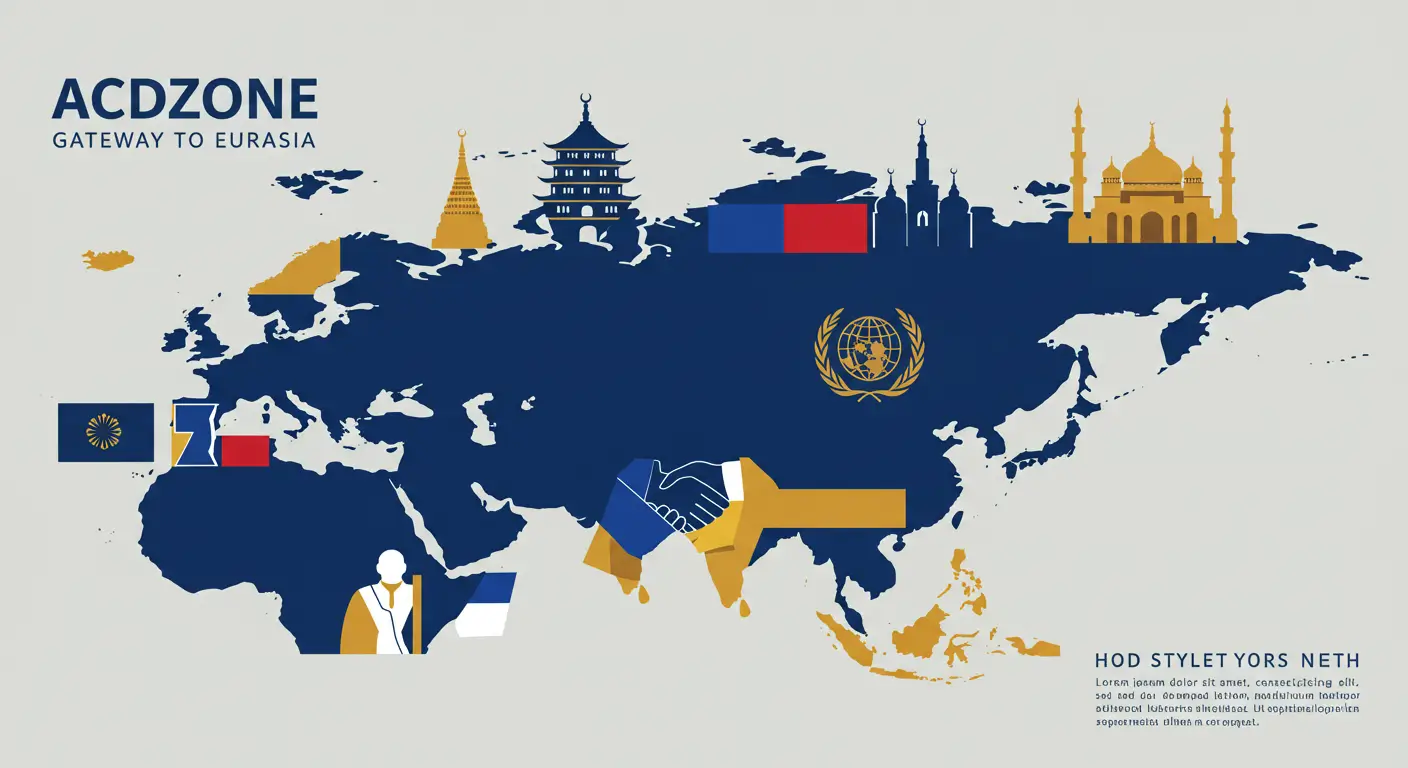Bahrain’s Economy: From Pearls to a Gulf Financial Powerhouse
A small island transforming from traditional trade to a hub of banking, technology, and global commerce.
Bahrain, a small island nation in the heart of the Persian Gulf, tells a remarkable story of economic transformation. Once dependent on pearl diving, the country shifted its focus to oil and later diversified into banking, technology, and trade. With forward-looking policies and modern infrastructure, Bahrain is emerging as a knowledge-based economy and a key financial hub in the region.
Historical Shift from Pearls to Modern Banking
Before the discovery of oil in the 1930s, Bahrain’s economy thrived on natural pearls. However, the rise of Japanese cultured pearls disrupted the industry. Oil revenues fueled rapid development, but Bahraini leaders realized early that reliance on hydrocarbons was unsustainable.
Role of Oil and Economic Diversification
Although oil and gas still contribute significantly to government revenue, their share is declining. Bahrain’s “Economic Vision 2030” emphasizes growth in non-oil sectors such as Islamic banking, information technology, tourism, and logistics. Advanced ports and industrial free zones make Bahrain a bridge between Gulf markets and the wider world.
Islamic Banking and Financial Services at the Core
Bahrain has become a leading center for Islamic finance, hosting dozens of international and regional banks in Manama. Transparent regulations and modern financial oversight attract investors seeking a stable environment. The Bahrain Bourse serves as a gateway for global capital.
Luxury Tourism and Technology as Growth Drivers
To compensate for limited natural resources, Bahrain has invested heavily in tourism and tech entrepreneurship. Five-star hotels, shopping malls, and global events like Formula One races make the kingdom a prime destination. Meanwhile, innovation programs and technology parks nurture a generation of Bahraini entrepreneurs.
Geoeconomic Position and Global Trade
Bahrain’s location at the Gulf’s entrance, with easy access to Saudi Arabia and other GCC markets, positions it as a key logistics and trade hub. Trade agreements with the U.S., U.K., and Asian nations boost exports in financial services and technology. The Bahrain International Investment Park (BIIP) has become a regional manufacturing and export platform.
Foreign Investment and Economic Reforms
By providing free-market conditions, removing ownership restrictions, and offering tax incentives, Bahrain has attracted significant foreign investment. Structural reforms and labor market development help maintain its competitiveness against regional rivals like the UAE and Qatar.
Challenges and a Post-Oil Future
Despite remarkable progress, Bahrain faces challenges such as high public debt, regional competition, and oil price volatility. Nonetheless, diversification strategies, education reform, innovation, and global partnerships provide opportunities for a sustainable economic future.
Conclusion
Bahrain demonstrates that small size is no barrier to economic ambition. By leveraging its strategic location, advanced legal framework, and focus on innovation, Bahrain has evolved from a pearl-based economy to a financial and technology hub. Its future depends on reducing oil dependence and fostering a knowledge-driven economy.





No comment